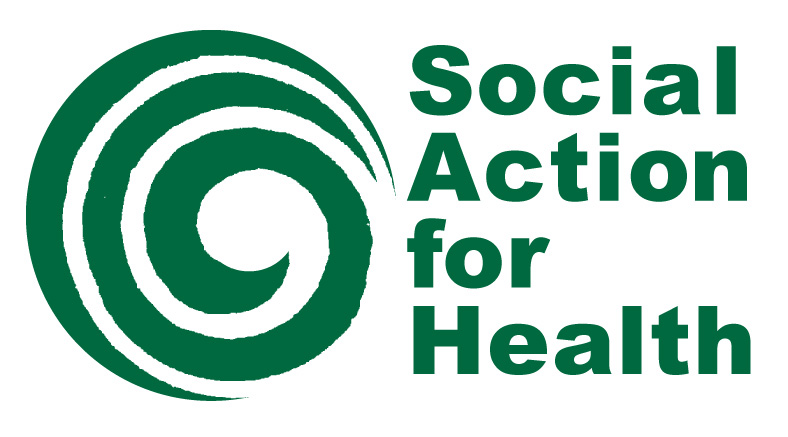Mental Health and Wellbeing for Black, Asian and Minoritised Ethnic Men
We are delighted to have obtained specific funding to relaunch our work supporting Black, Asian and Minoritised Ethnic men and their mental health and wellbeing.
The funding from Johnson & Johnson’s Community Health Equity Fund, will help us understand and address the mental health and wellbeing needs of Black, Asian and Minoritised Ethnic men in a COVID-19 world, including access to culturally appropriate mental health care interventions. As well as conducting surveys, focus groups, and a “Big Conversation” community event, the project will deliver social support activities to participants which will be flexible and can adapt and evolve over time to ensure that users will remain central to defining problems and identifying solutions to the mental health challenges which they face.
Developed in response to listening to the priorities and ideas of the communities we serve, our new project aims to reach and engage men aged 30 - 64 from Black, Asian and Minoritised Ethnic backgrounds who live in the east London boroughs of Tower Hamlets and Hackney. Our initial research identified that many within this group were socially isolated, lonely, vulnerable, and depressed, may or may not be accessing mainstream health care provisions, and as a result have experienced escalating issues with their overall mental health and wellbeing.
“When speaking with male members of the Bangladeshi community throughout the pandemic, we really noticed an increase in poor mental health in terms of stress, anxiety, and depression. We spoke to men who were bereaved, had lost their income, were feeling isolated and didn’t know that support was available.
“We hope that by finding out more about the challenges Black, Asian and Minoritised Ethnic men face, and about the possible stigmas around mental health and wellbeing, we can take action to change things for the better. It is a beautiful project, and I am really excited to take this work forward.” Zahir Chowdhury, Community Development Practitioner at Social Action for Health
The project will begin working in Tower Hamlets and Hackney, with the aim to branch out to more boroughs in east London as the work develops. In Tower Hamlets, common and severe mental health problems are more prevalent among adults than in the rest of London, with adults from the borough self-reporting the highest levels of depression and anxiety (16.1%) in London [i]. Poor mental health is also prevalent in Hackney, with a tenth of the borough’s adults experiencing depression [ii]. We do not believe it is a coincidence that both boroughs rank high on levels of deprivation index.
“At Social Action for Health, we believe that the more control people have over their lives, the better their health and wellbeing.
“We aim to address concerns raised by the men in the communities we work with, who were not sure where or how to access support and expressed concern that existing services were not for people ‘like them’.
“By providing services which respond to community ideas to reduce loneliness and isolation through social and peer-to-peer support, we are confident we will make a real difference to the mental health of Black, Asian and Minoritised Ethnic men now and over the longer-term.” Ceri Durham, CEO at Social Action for Health
[i] Public Health England (2019). PHE Fingertips tool. https://fingertips.phe.org.uk/
[ii] Public Health England. PHE Fingertips tool. https://fingertips.phe.org.uk/profile/common-mental-disorders/data#page/1/gid/1938132720/pat/46/ati/165/are/E38000035/iid/93495/age/164/sex/4/cat/-1/ctp/-1/yrr/1/cid/4/tbm/1


